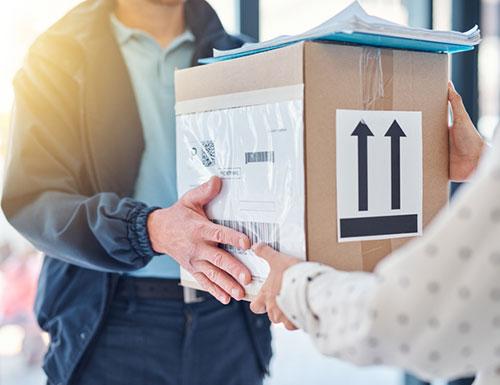How are retailers handling returns challenges?
Returns management and minimizing fraud/shrink are among retailers top challenges, according to a new survey.
Three in four (74%) retailer respondents cited returns as their top challenge in the 16th annual Global Shopper Study from Zebra Technologies, which provides insight into a wide range of enterprise topics from both retailer and consumer respondents. Six in 10 (62%) of retailers say they plan to deploy reverse logistics technology by 2026 to better manage fulfillment pressures.
In other returns management findings, 31% of retailer think that charging a fee for online orders from frequent returners could potentially improve the overall profitability of online orders. And 77% of North American retail respondents say accepting returns of online orders is a significant challenge, compared to 81% globally.
[Read more: Here’s what customers like – and don’t like - about returns]
Highlights from other areas of the study follow.
Retailer technology plans
By 2026, half or more of retailer respondents intend to deploy technology solutions including:
- RFID (61%);
- Returns management (60%);
- Handheld mobile computers (56%);
- Workforce management software (56%);
- Scanners (54%);
- Demand planning and forecasting software;
- Task management software (54%); and
- Loss prevention analytics (49%).
Fraud and shrink
- Eight in 10 (82%) surveyed retailers agree minimizing fraud/shrink is a significant challenge.
- About 80% of surveyed retail decision-makers and associates agree store shrinkage and theft is a major issue with self-checkouts.
- More than one in three (36%) retail respondents believe better analytics on shrink could help drive profitability.
- Eight in 10 surveyed store associates feel more valued–and view their employer more positively–when they have technology to help them do their work.
Other retailer responses
- Eighty-six percent of retail respondents say the ability to forecast demand is important to their organization.
- Eight in 10 retail respondents agree the investment in self-checkouts is paying off as associates can work on higher value tasks and improves the customer experience.
- Seven in 10 retail respondents say the pressure is mounting to improve the efficiency and expense of managing online orders, returns, and the fulfillment process.
Consumer responses
The survey also revealed consumer trends in the following areas:
Omnichannel preferences
- Eight in 10 consumer respondents favor a blend of online and in-store shopping.
- Three in four consumer respondents choose to shop with online retailers that have a brick-and-mortar location.
Payment preferences
- Since 2020, the percentage of surveyed consumers preferring pay/checkout anywhere in-store almost doubled from 15% to 26%, mobile payments jumped from 33% to 50%, and “just walk-out” doubled from 14% to 30%.
- Almost half (48%) of consumer respondents opt for self-checkouts, with 75% saying it helps improve their experience.
In addition, surveyed consumers have high expectations for technology, as 80% of them expect retailers to use the latest technology, and 70% say it improves their shopping experience.
Zebra’s 16th Annual Global Shopper Study surveyed over 4,200 shoppers, store associates and retail decision-makers globally during June – July 2023 by Azure Knowledge Corporation.



